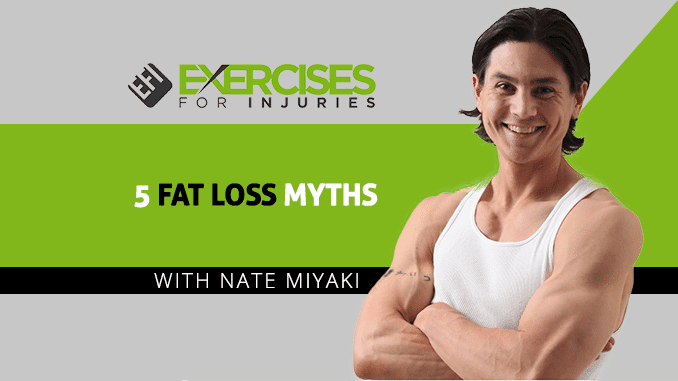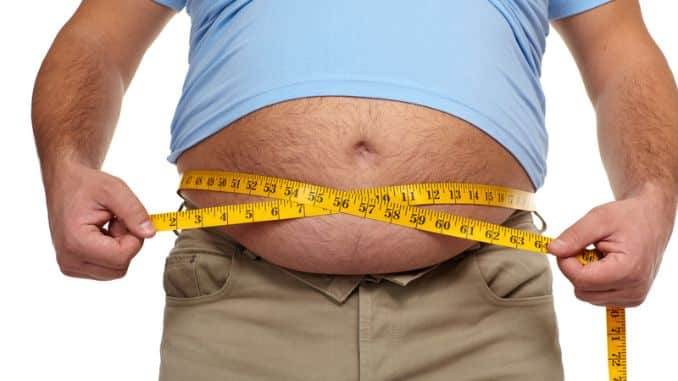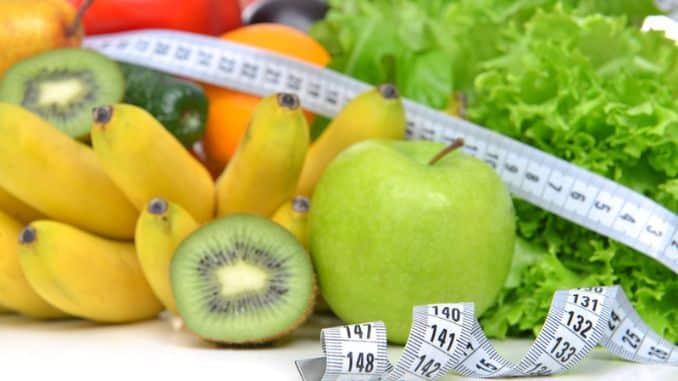
I got an opportunity to interview Nate Miyaki, a nutrition coach/writer, an athlete, and a fitness trainer for 15 years. And today, we will be talking about the five fat loss myths.
When it comes to losing fat, there are a lot of myths out there. Some people will tell you that you must eat five small meals daily, and others will say that eating before bed will mess with your metabolism.
The truth is that fat loss comes down to burning more calories than you take in. It’s simple math. If you burn more calories than you eat, you will lose fat. But what complicates things is that everyone responds to different diets and training regimens. One person may respond better to a high protein, and another may respond better to high carbohydrates or vice versa.
The same can be said for any combination of diet and exercise or vice versa. Everything works but not for everyone, so the trick is figuring out what works best for you and then continue testing new things as time goes on so that you constantly make progress towards your goal.
There are many different ways to achieve this. Still, the fundamentals remain the same: Consume fewer calories than your body uses each day – by doing this consistently over time, this alone will result.
Watch the interview here and enjoy.
CLICK HERE to watch the video on YouTube
What Nate Miyaki shares in the interview:
1. Why dieting low in carbohydrates is not the best option for weight loss for athletes and fitness enthusiasts. Depending on their lifestyle, daily activities, and medical condition, some populations may benefit more from a low-carb diet. However, not everyone can use this strategy. Athletes and fitness enthusiasts have different metabolic states than the general population; hence their diets differ.
2. There are several reasons why eating a large number of small meals might not be an optimal approach to dieting. You don’t want to have a diet that isn’t compatible with your need. According to current research, the number of meals you consume has no impact on fat loss or muscle gain as long as you can maintain constant calories. You may structure and break up your diet in any manner you prefer. This is the most practical and long-lasting approach for you.
3. Breakfast isn’t the most important meal of the day; thus, dinner is. People view this as pure physiology because that is what we learned in school, but no matter how amazing it is, it won’t apply in real life. I prioritize physiology after considering diet’s practicality, reality, sustainability, and functionality. We generally eat well at night, even in social situations, because we are so active during the day. Evenings are also when business events and gatherings are typically held.
4. A few errors people make when following the Paleo diet, a popular eating regimen that mimics the food choices of Paleolithic humans. In addition to protein and natural fats, the Paleo diet includes fruits and vegetables but prohibits grains and everything produced from them.
5. What is the Japanese diet and its impact on your health? The Japanese are slim and healthy people. This is partially thanks to their diet, which is largely based on fish, rice, and natural soy products. It also emphasizes a balance of healthy fats and carbs.
To learn more about Nate and his Feast Your Way Thin program, go here:
Enjoy the interview, and leave a comment or question below.
Take care.
Rick Kaselj, MS




